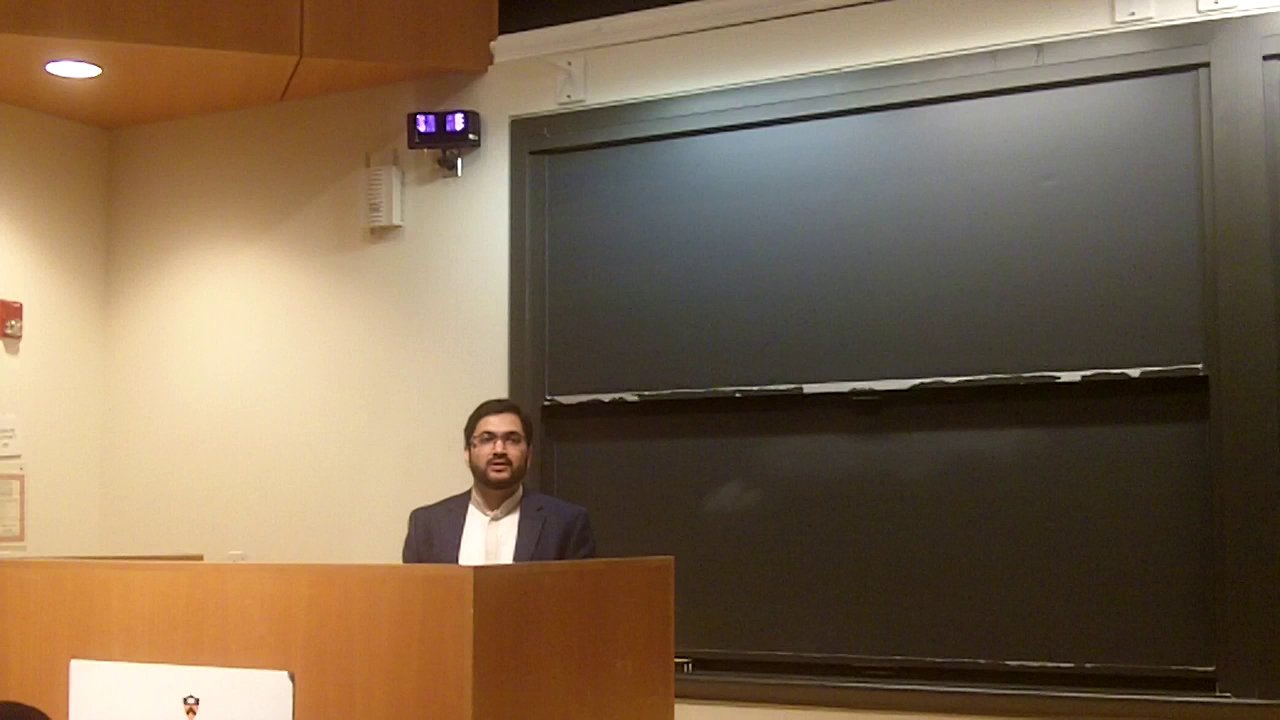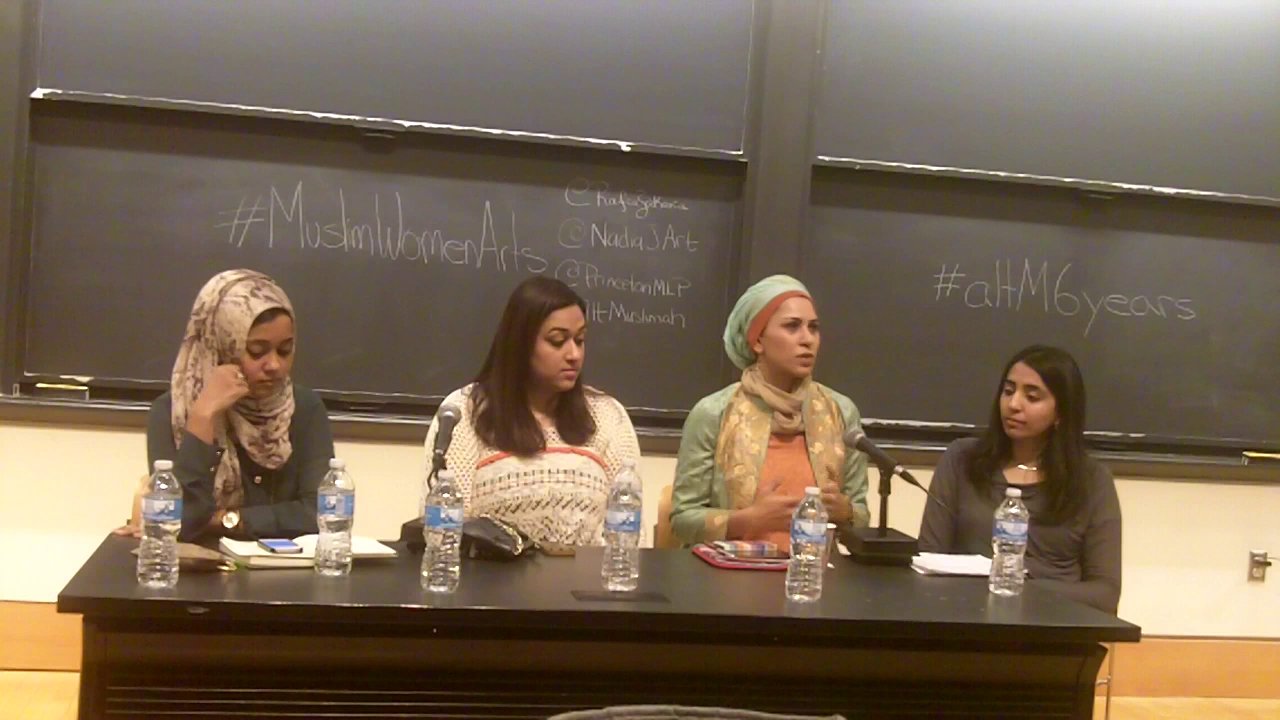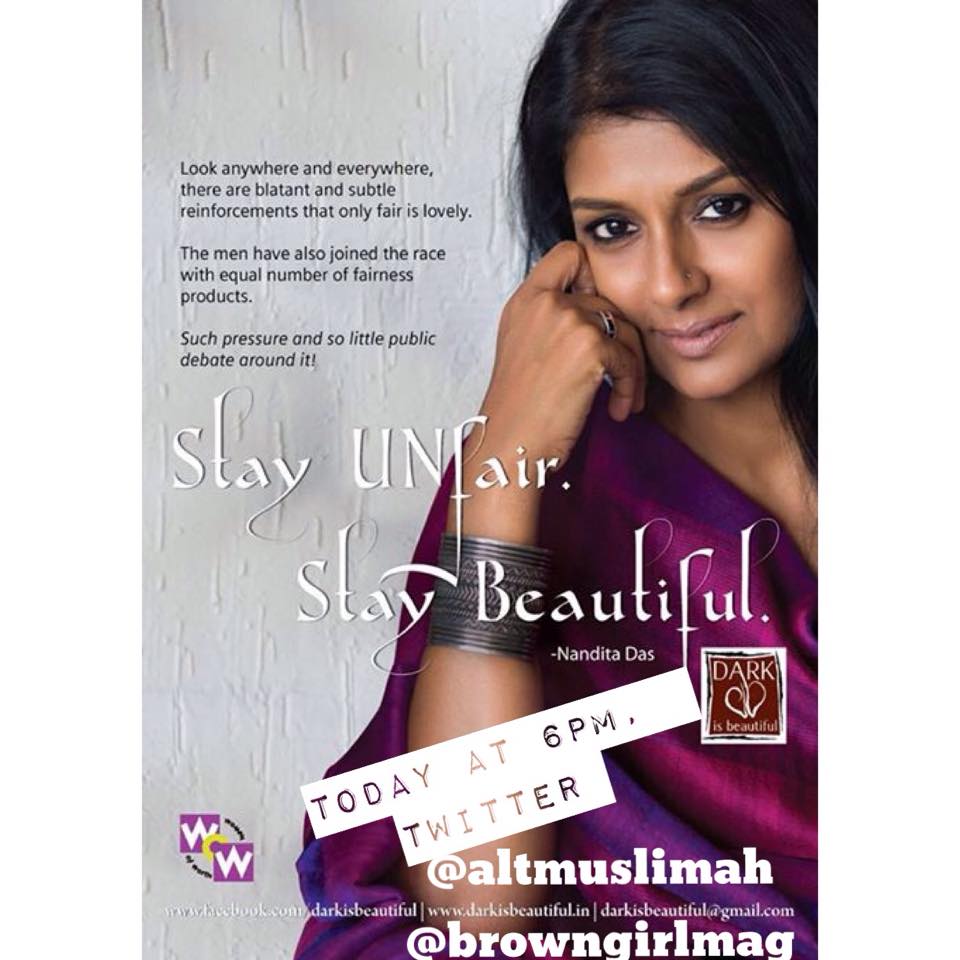Although many middle class Saudis believe that banning women from driving is a societal injustice, change and progress are often slow. Areej Khan’s new campaign, ‘We the Women’, is a creative strategy for engaging Saudis of all perspectives to foster a healthy debate on an issue that has been part of public discourse for decades.
Internal perspectives on the driving ban for women in Saudi Arabia have run the gamut from patriarchal acclamation to human rights condemnation. Sticking points tend to be focused on morality and safety concerns. Areej Khan’s new campaign, ‘We the Women’, is a creative strategy for engaging Saudis of all perspectives to foster a healthy debate on an issue that has been part of public discourse for decades.
In 1990, 47 prominent Saudi women engaged in civil disobedience to make a public statement by driving down a main boulevard in Riyadh. In 2007, The Society for Protecting and Defending Women’s Rights submitted a petition to King Abdullah signed by 1100 women to end the ban. Though some Saudi women drive within the bounds of their private residential compounds, and many Bedouin women drive in the desert, the vast majority of women must be driven by chauffeurs; or more frequently, rely on the consideration of their fathers, brothers, and husbands.
While the driving ban has been in place since Saudi Arabia’s establishment in 1932 (the constraints of which I clearly remember from the 10 years I lived in Jeddah), socioeconomic conditions have placed a greater urgency on efforts to end the ban. The significant numbers of educated and independent Saudi women have become a force to be reckoned with, and the middle classes are now struggling to afford chauffeurs.
The arguments from the right stem from patriarchal views thinly disguised under the veneer of religion. These ‘conservatives’ base their perspective upon an orthodox religious interpretation stating that women must be accompanied by an unmarriageable male at all times. In essence, they feel that women will be physically and morally safer if restricted from driving.
Notably patriarchal societies, whether in the Middle East, South America, Asia or Eastern Europe require women to bear the brunt of maintaining familial and societal respectability. Following this train of thought in Saudi Arabia, if a woman is free to ‘roam around the city unattended’ then anything could happen – her lack of a male companion could entice strange men to interact with her, or her physical safety could be placed in jeopardy due to potentially uncouth men.
For the conservatives, the common thread is the belief that some men have difficulty dealing with the presence of women, hence rendering any social interaction between genders to be highly sexualized. Rather than socializing and educating men to learn how to interact with women as human beings rather than potential spouses, society holds women responsible for controlling male thoughts and behavior by restricting their movements. Ironically, the fact that chauffeurs are driving women without male escorts seems to consistently escape their purview.
While the middle is sensitive to some of the overtures from the right, many have whole-heartedly joined the left camp in believing that banning women from driving is a societal injustice. For these Saudi’s, freedom of movement is a basic human and Islamic right that should be accessible to both genders. Change and progress are often slow – be they within a family, organization, or in this case, a kingdom. As forced change often reinforces rigidity, it is critical that gender reform is holistic and encompasses all aspects of society.
There are many factors that drive decision making in Saudi Arabia, and the avoidance of widespread backlash and instability are always in the forefront. While King Abdullah may have instituted several pro-women reforms, he has only so much leeway. When attempting to measure progress in other societies with our own measuring stick, we must always remind ourselves of ‘time and place’. The events of World War II, the Vietnam War, and the Civil Rights Movement were arduous and traumatic, but they catalyzed massive improvements for women. In the absence of such monumental societal changes, Saudi’s are pushing for change from within – slowly but surely…
Maha Alkhateeb is an activist, writer, and photographer dedicated to human rights advocacy through community building and artistic expression.




